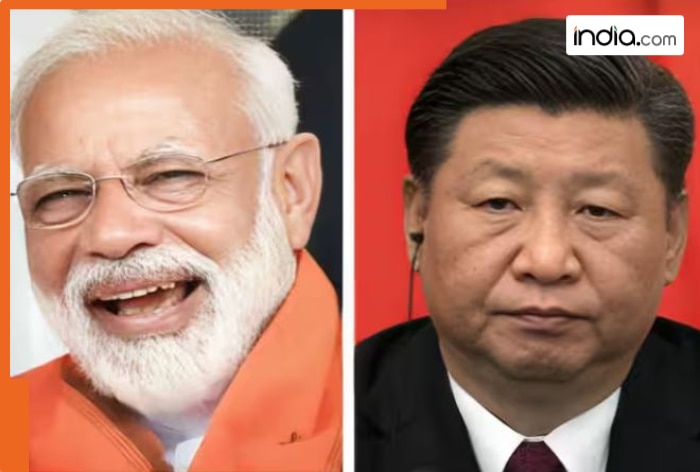Lifestyle
India Strengthens Rare Earth Supply Chain with Australia Deal

India is set to enhance its supply chain for rare earth elements through a significant partnership with Australia. This development comes as India seeks to reduce its reliance on China, which currently dominates the market for these critical minerals and has recently imposed export restrictions.
According to Malini Dutt, Trade and Investment Commissioner for the New South Wales Government, discussions are ongoing between India and Australia regarding the sourcing of rare earth minerals. “They (India and Australia) are talking about rare earth and there are blocks available. So there is an opportunity for India to take an early-stage block and have tie-ups with a few companies,” Dutt stated on the sidelines of the India Energy Storage Week (IESW) 2025.
Growing Demand for Rare Earths
The urgency of this collaboration is underscored by a recent shortage of rare earth magnets caused by the aforementioned restrictions from China. Both private and public sectors in India are keenly interested in securing copper and other mineral blocks in Australia to support the nation’s industrial transformation.
Australia has affirmed its commitment to becoming a key supplier of critical minerals to India. With global demand for rare earth elements surging due to their essential applications in electric vehicles and advanced technologies, the partnership is strategically timed.
Philip Green, Australia’s High Commissioner to India, emphasized during the India Energy Storage Week the importance of establishing a more efficient supply chain for critical minerals, particularly lithium. “We strongly support India’s drive towards renewables. India is very important to the world,” Green remarked. He highlighted that Australia is a major producer of these essential minerals and plays a vital role as a member of the Quad alliance, which aims to ensure high-quality supplies of critical minerals to India.
Investment and Innovation
Green noted that Australia is well-equipped in terms of skills and capabilities, having over 22 companies actively involved in this sector. “We have more than 40 people here, virtually all the Australian states are involved,” he said, reiterating the collaboration’s scale and seriousness.
He also mentioned the significance of collaboration in education and upskilling the Indian workforce for the emerging green energy sector. “We are very strong in minerals and metals that are essential for battery storage. Universities and technical colleges are very important for upskilling the Indian population for the new green energy revolution,” he added.
Australia’s emphasis on innovation further strengthens this partnership. Green highlighted that while Australia has a wealth of green technology, its relatively small population and distance from larger supply chains present unique challenges.
As discussions progress, the partnership between India and Australia stands to significantly reshape the landscape for rare earth elements, presenting both countries with opportunities to advance their industrial and technological aspirations.
-

 World5 months ago
World5 months agoSBI Announces QIP Floor Price at ₹811.05 Per Share
-

 Lifestyle5 months ago
Lifestyle5 months agoCept Unveils ₹3.1 Crore Urban Mobility Plan for Sustainable Growth
-

 Science4 months ago
Science4 months agoNew Blood Group Discovered in South Indian Woman at Rotary Centre
-

 World5 months ago
World5 months agoTorrential Rains Cause Flash Flooding in New York and New Jersey
-

 Top Stories5 months ago
Top Stories5 months agoKonkani Cultural Organisation to Host Pearl Jubilee in Abu Dhabi
-

 Sports4 months ago
Sports4 months agoBroad Advocates for Bowling Change Ahead of Final Test Against India
-

 Science5 months ago
Science5 months agoNothing Headphone 1 Review: A Bold Contender in Audio Design
-

 Top Stories5 months ago
Top Stories5 months agoAir India Crash Investigation Highlights Boeing Fuel Switch Concerns
-

 Business5 months ago
Business5 months agoIndian Stock Market Rebounds: Sensex and Nifty Rise After Four-Day Decline
-

 Sports4 months ago
Sports4 months agoCristian Totti Retires at 19: Pressure of Fame Takes Toll
-

 Politics5 months ago
Politics5 months agoAbandoned Doberman Finds New Home After Journey to Prague
-

 Top Stories5 months ago
Top Stories5 months agoPatna Bank Manager Abhishek Varun Found Dead in Well









